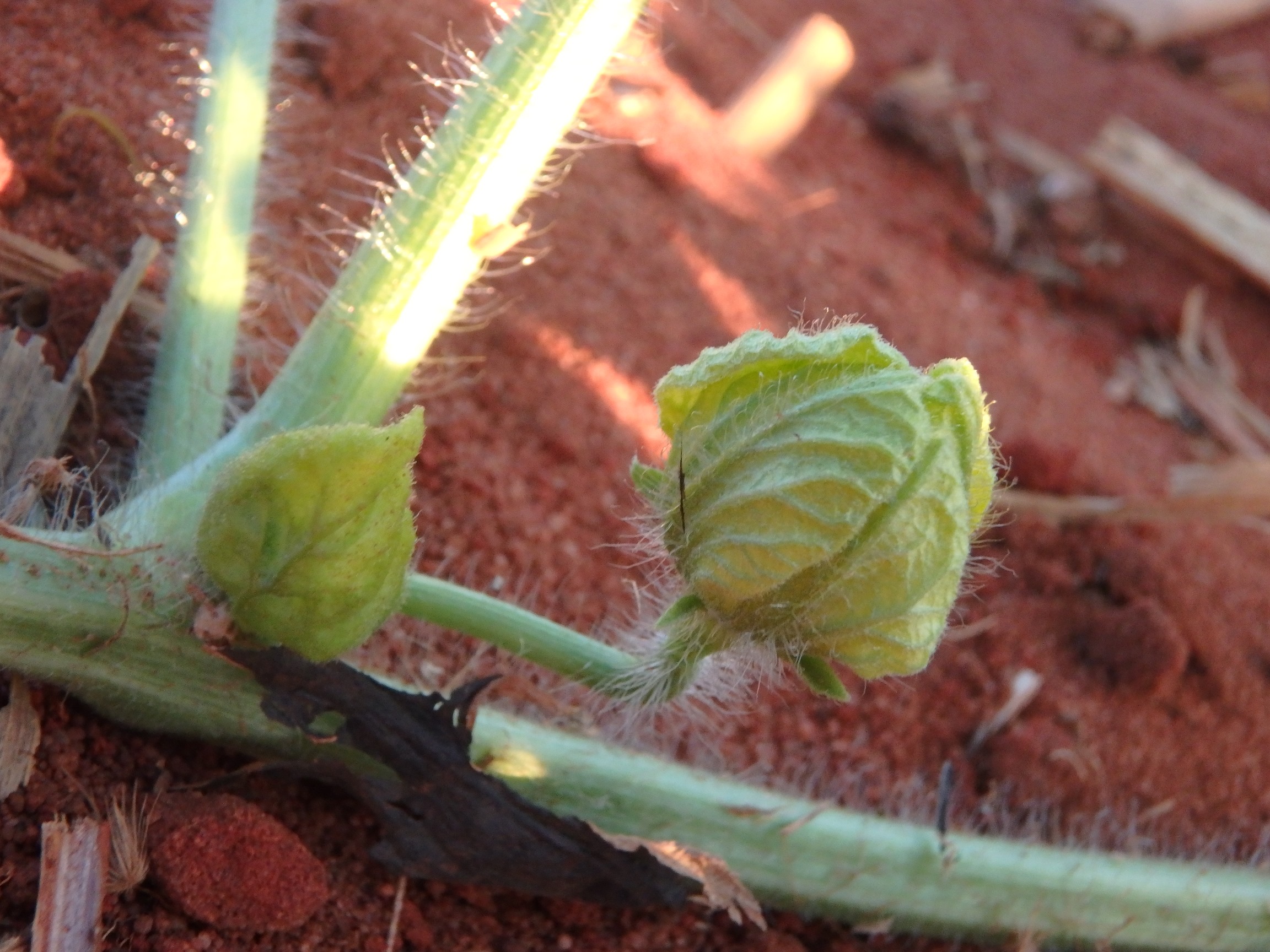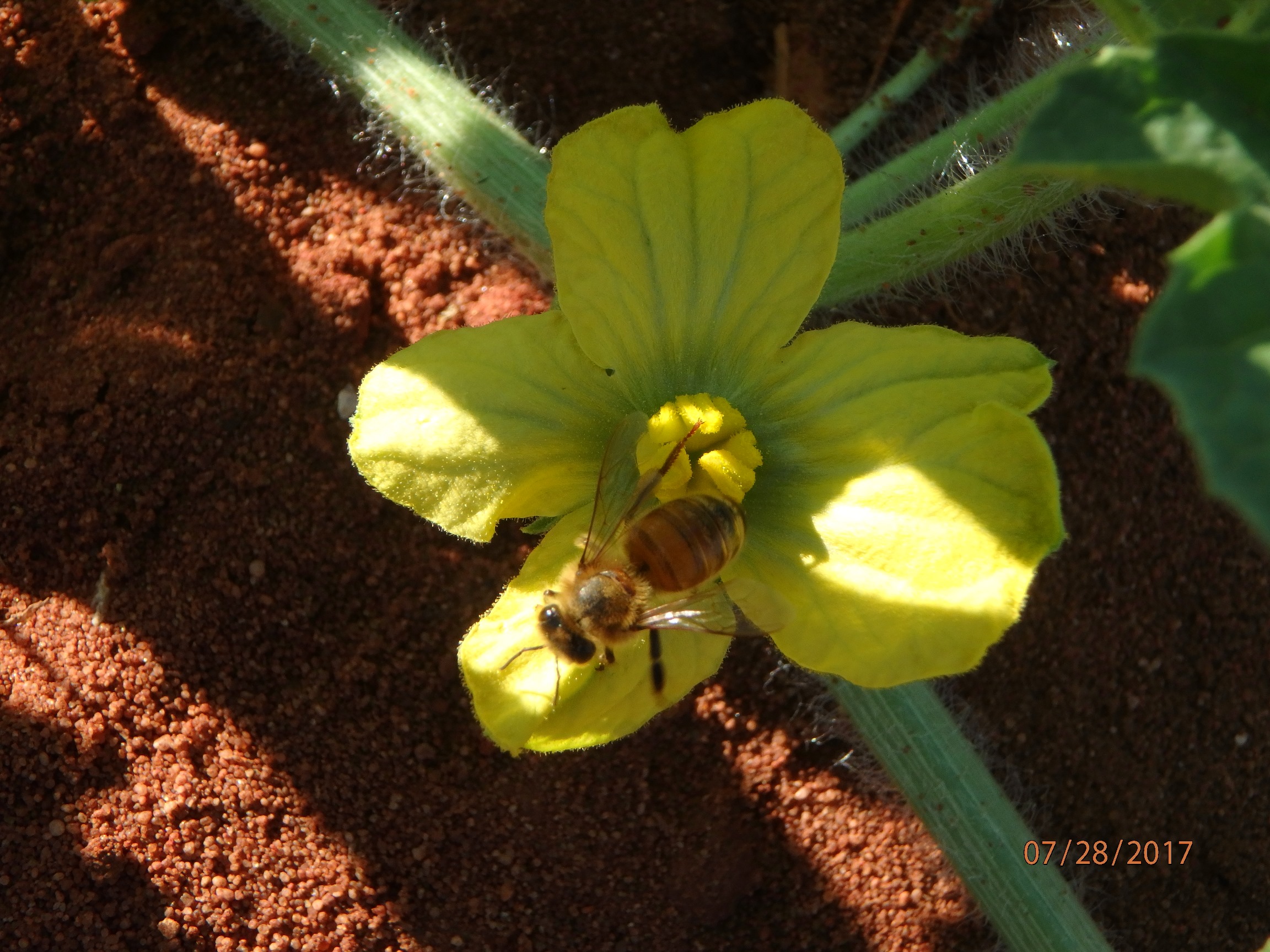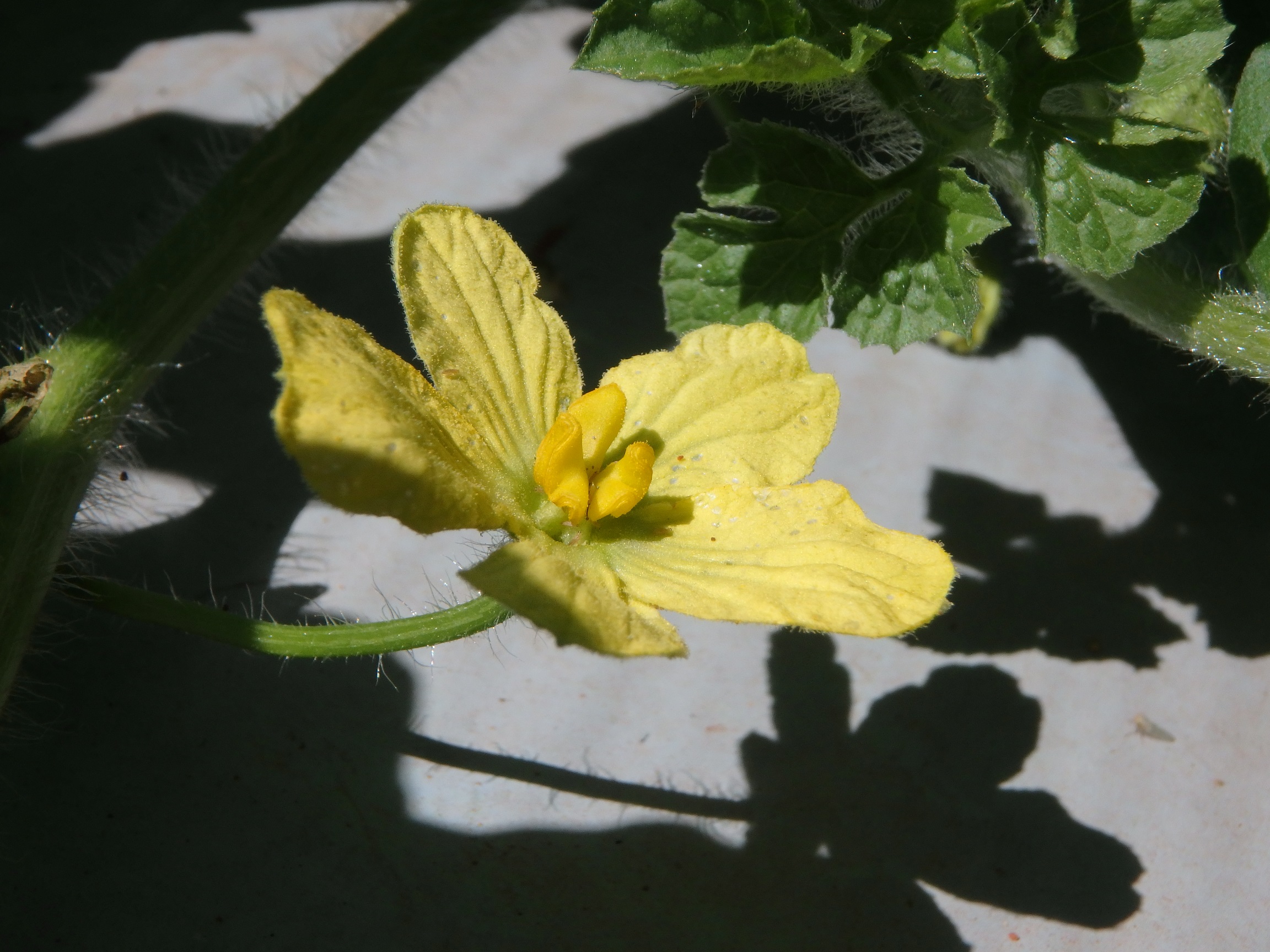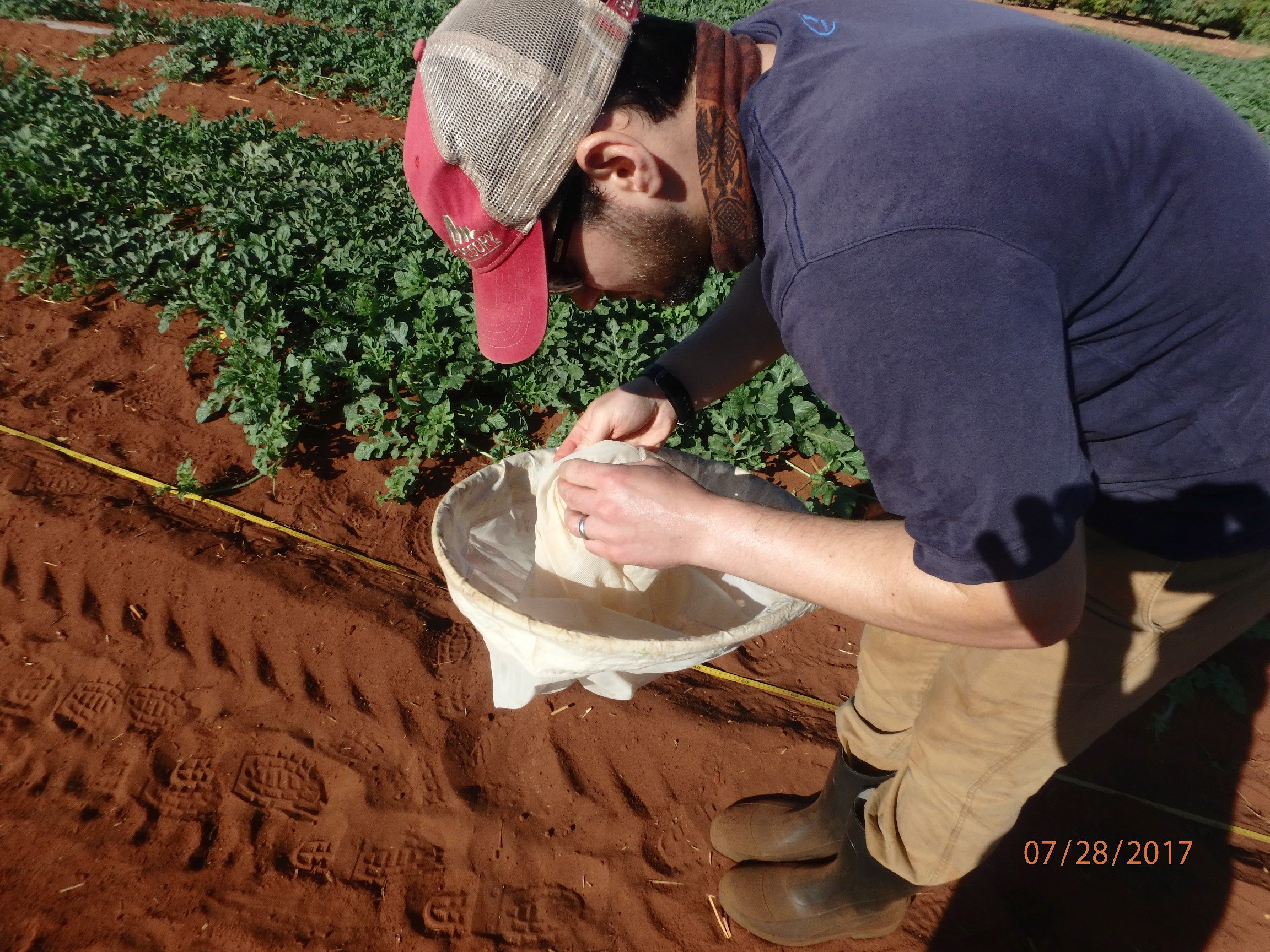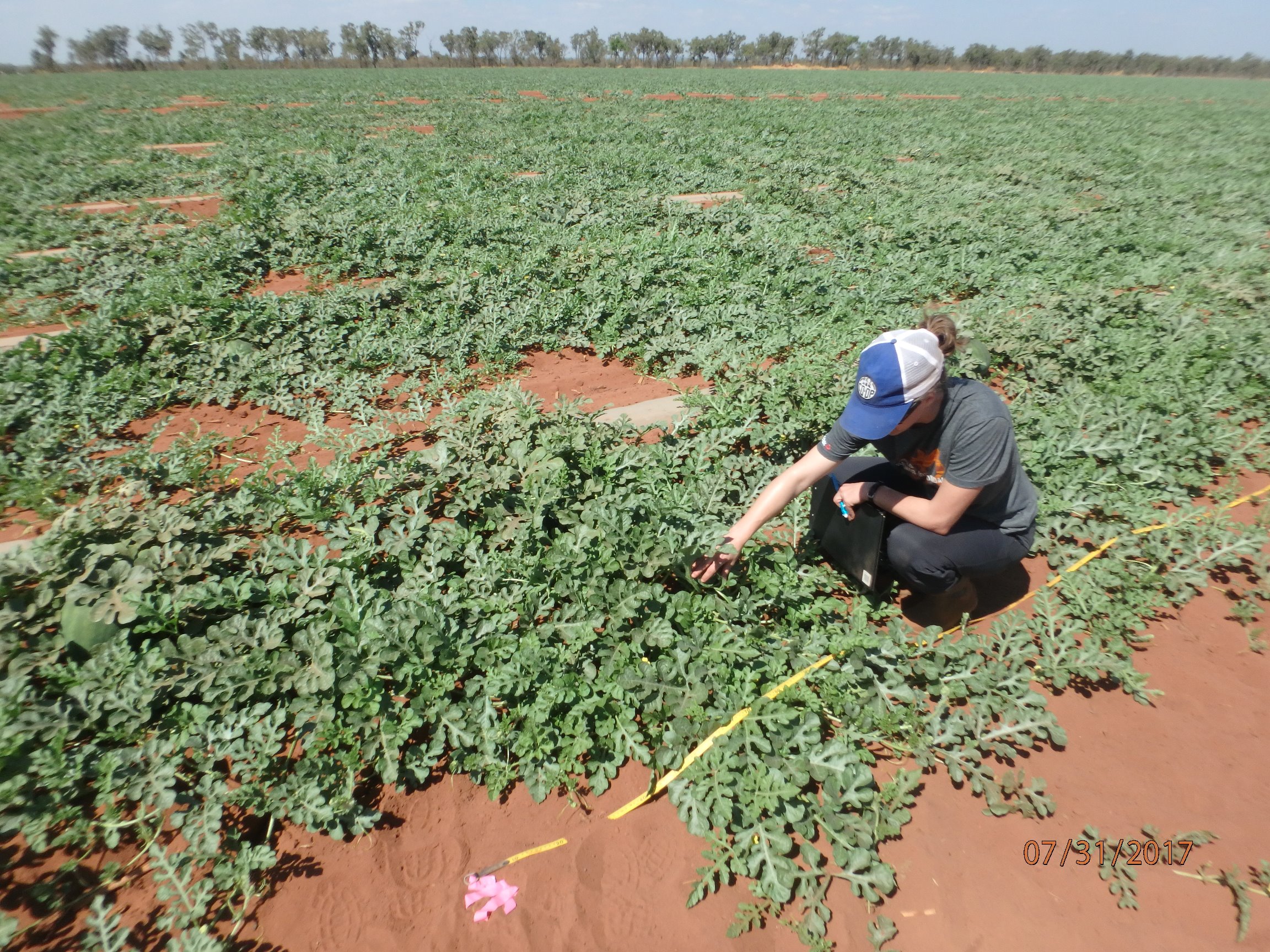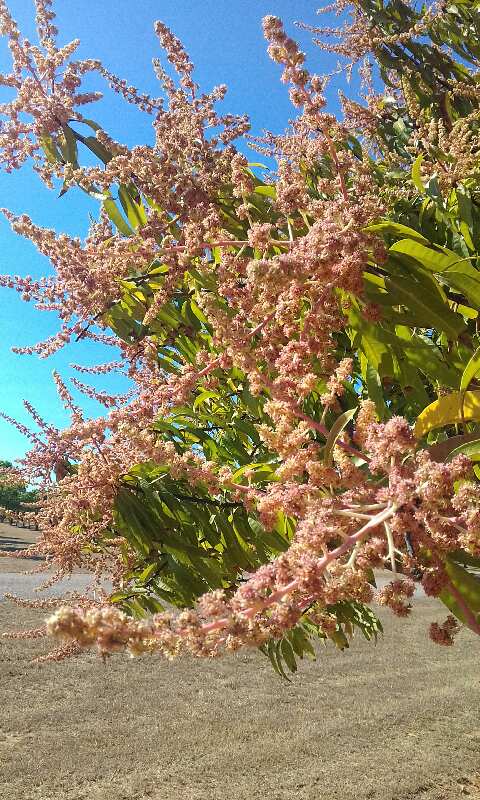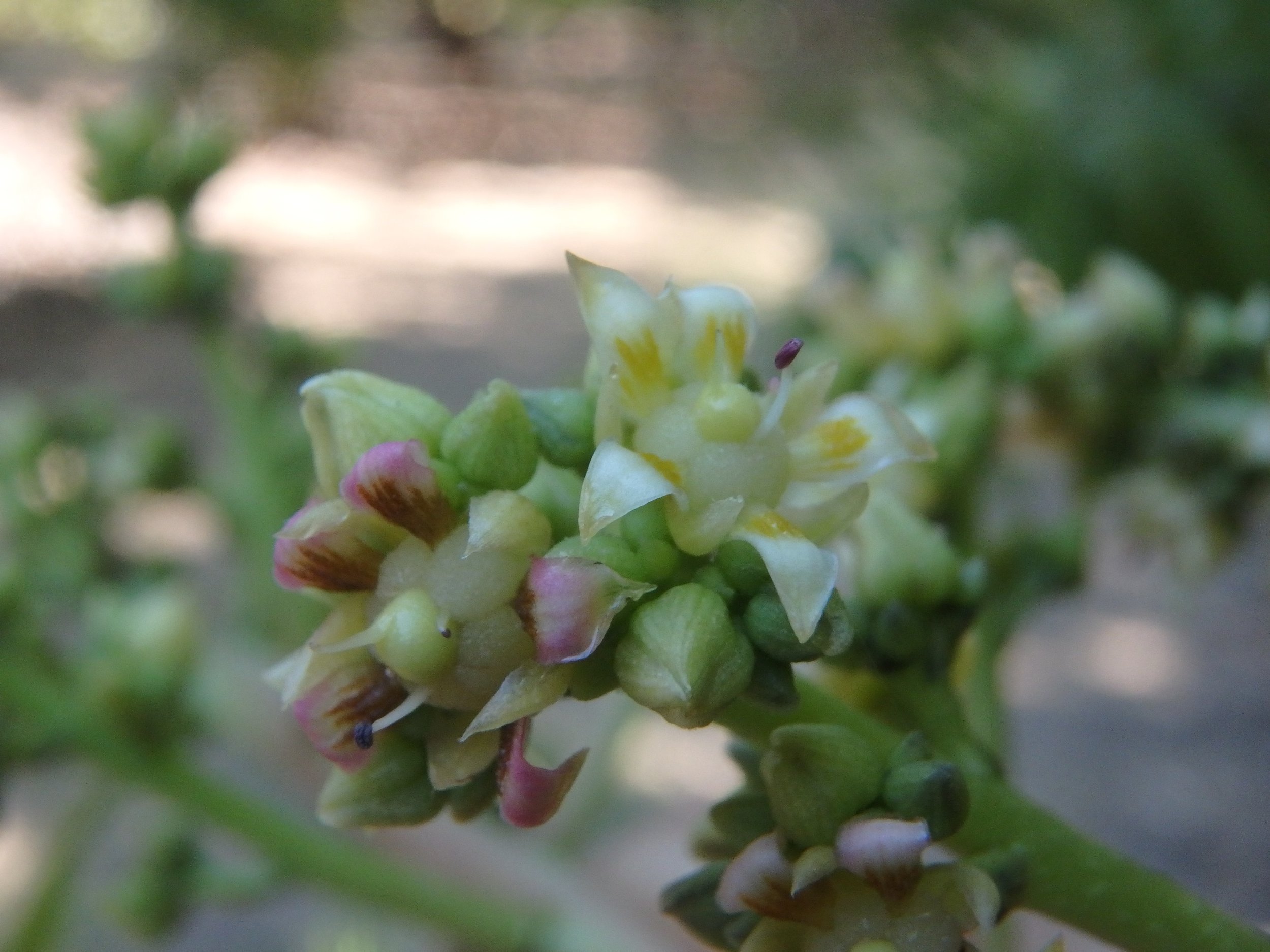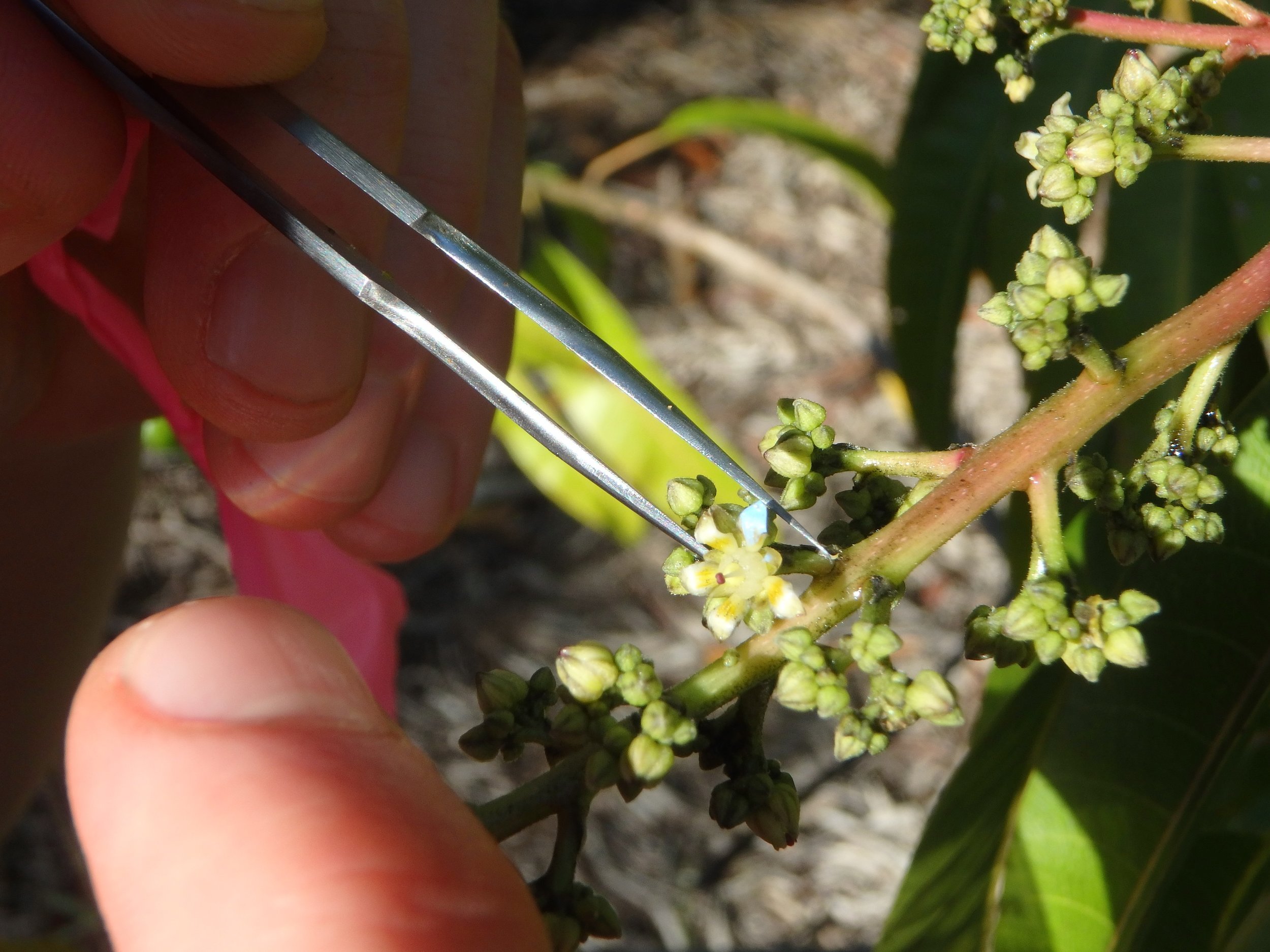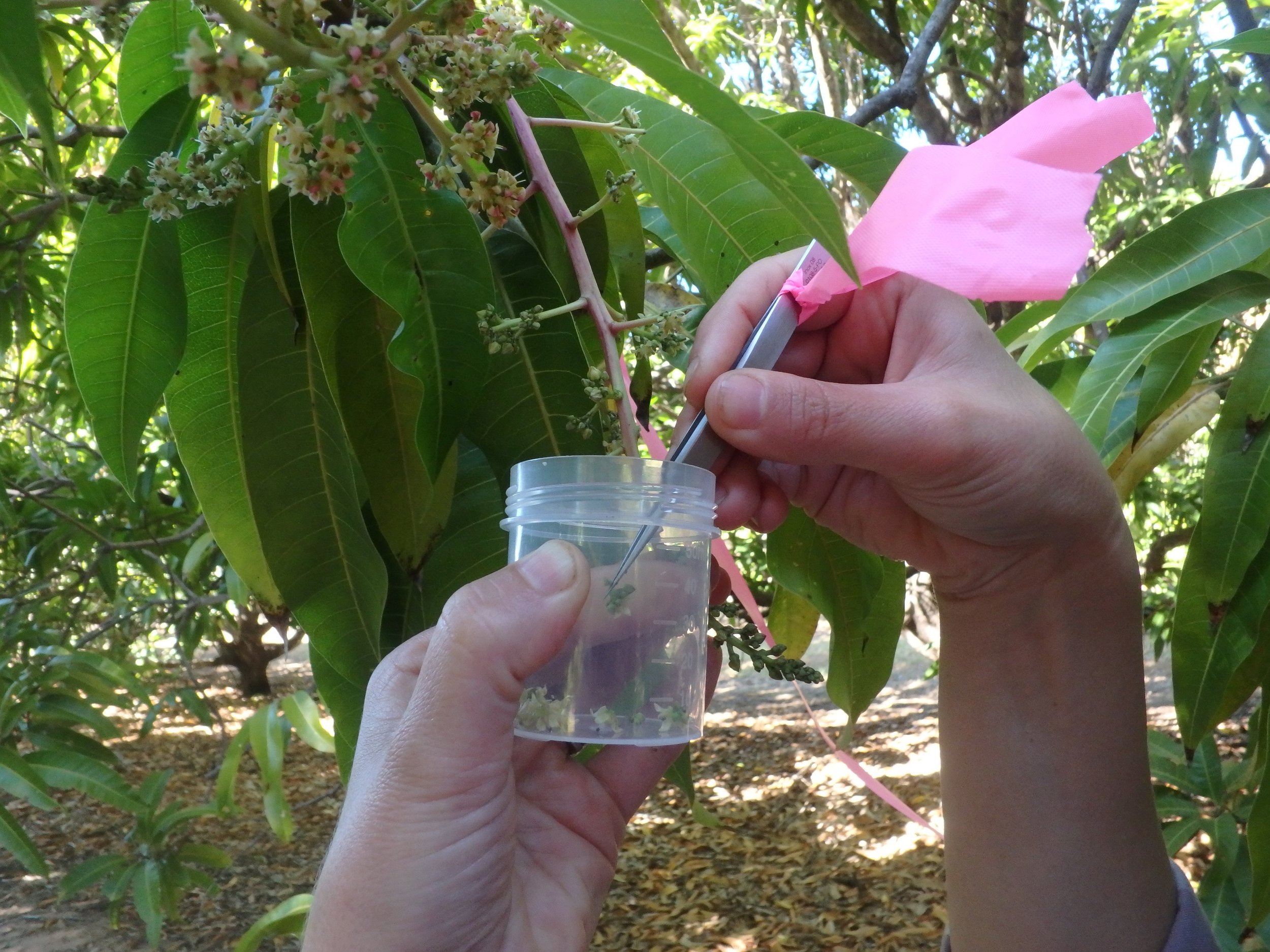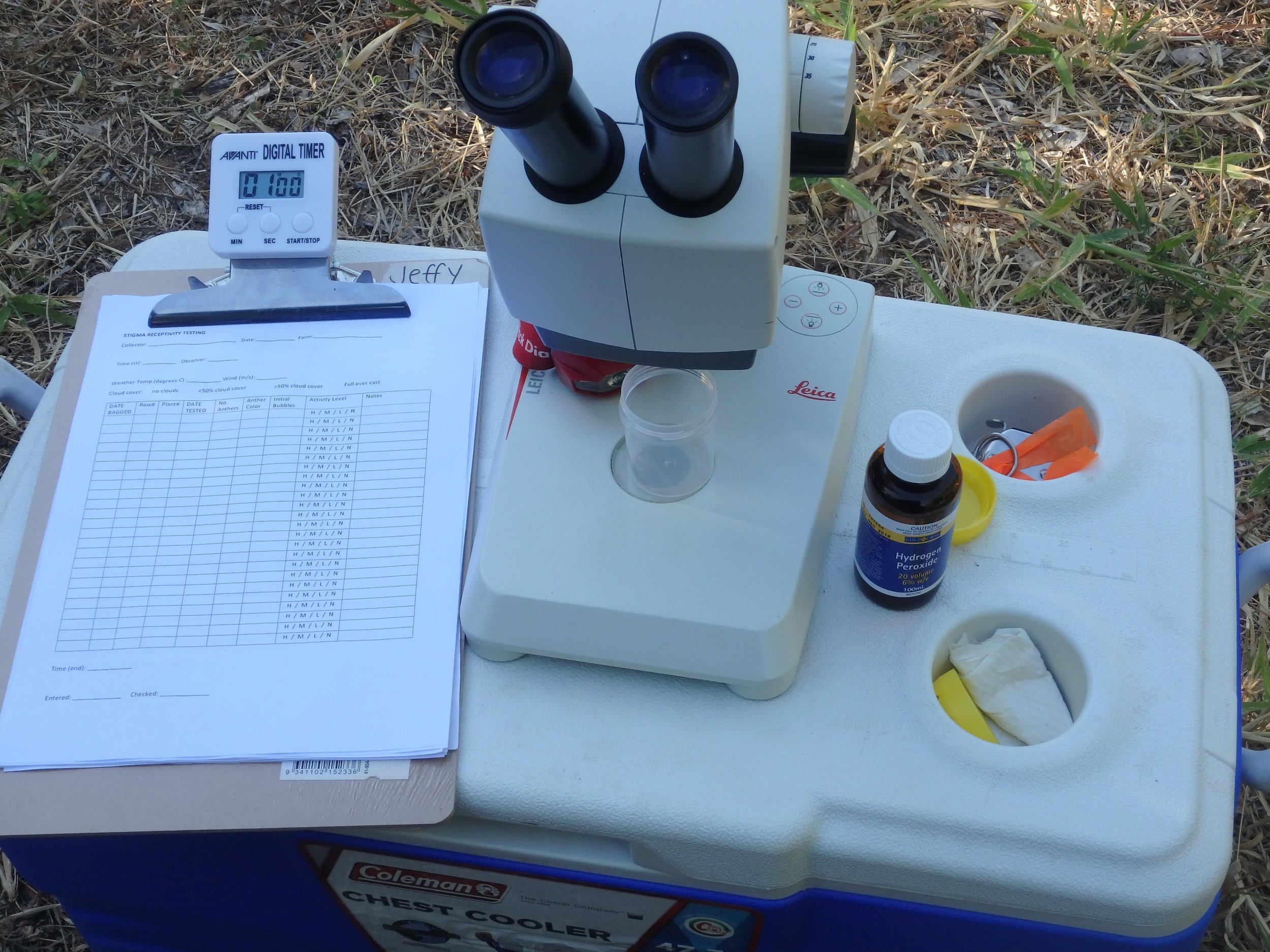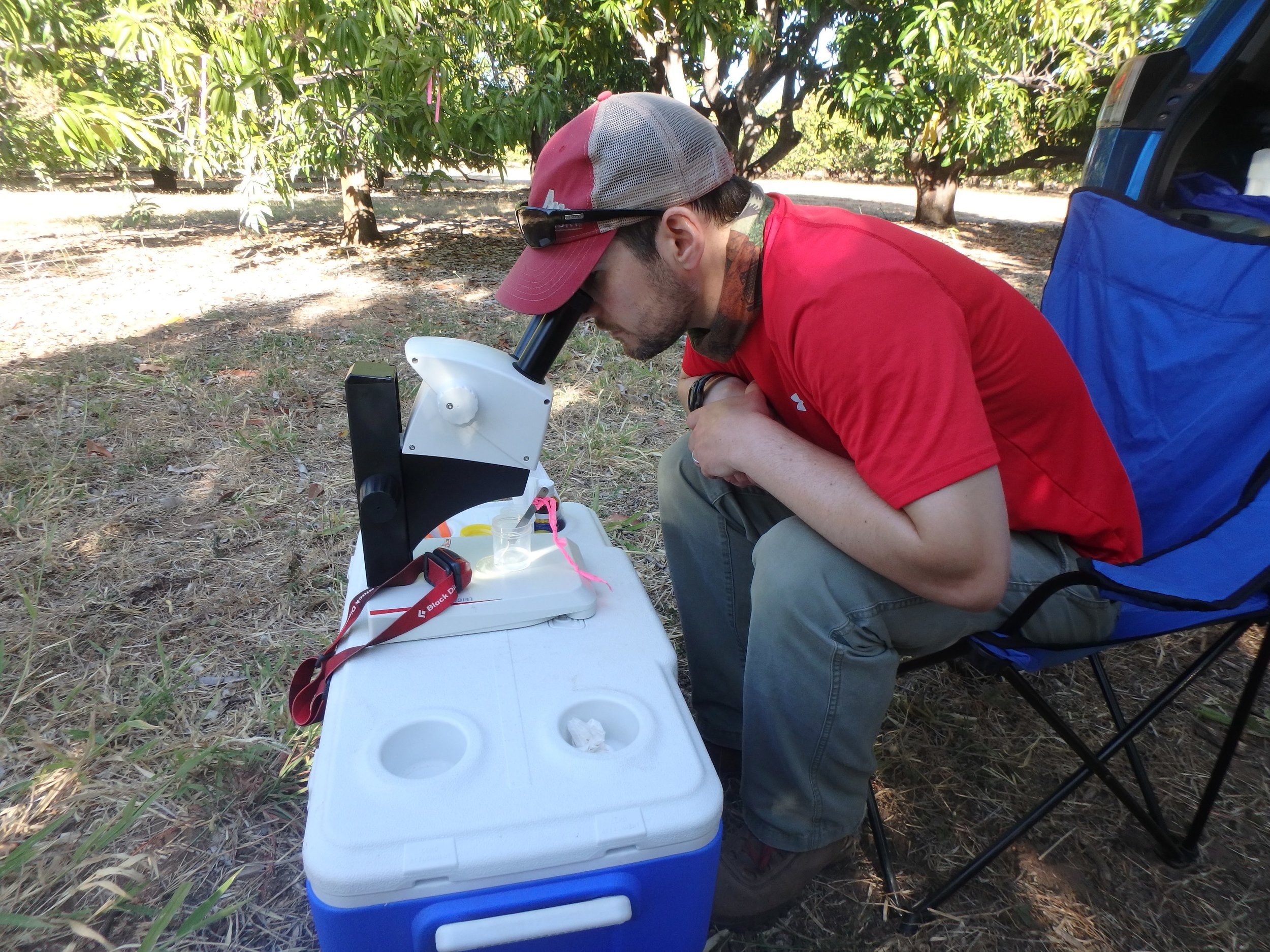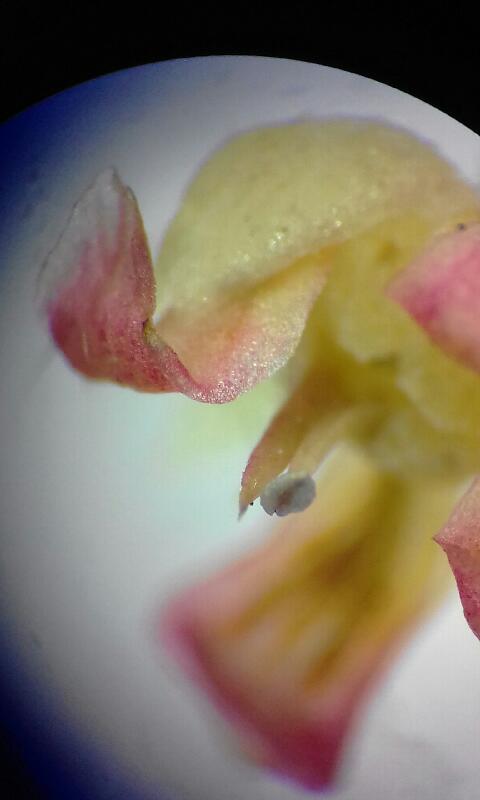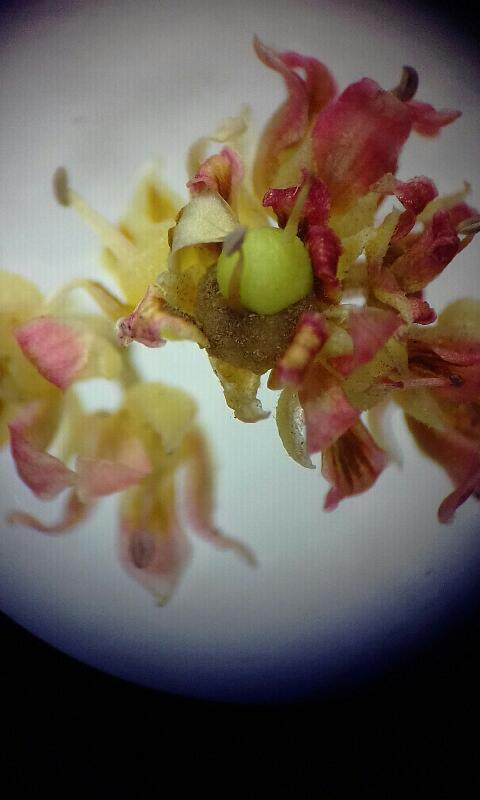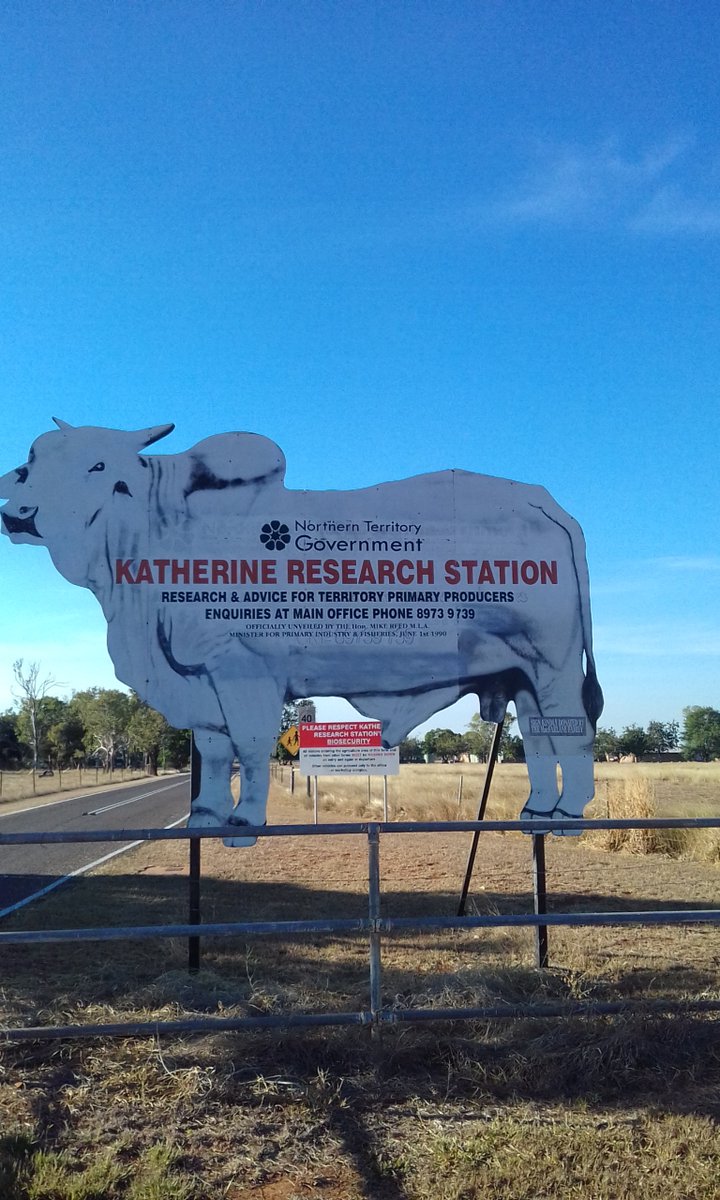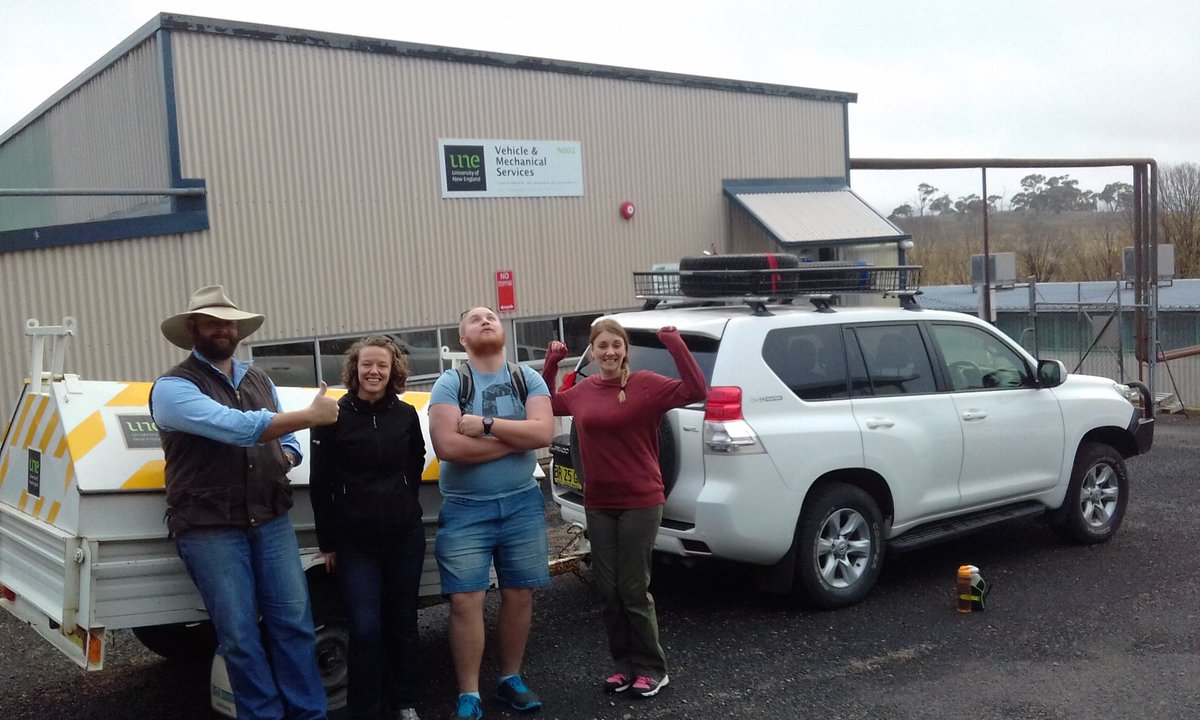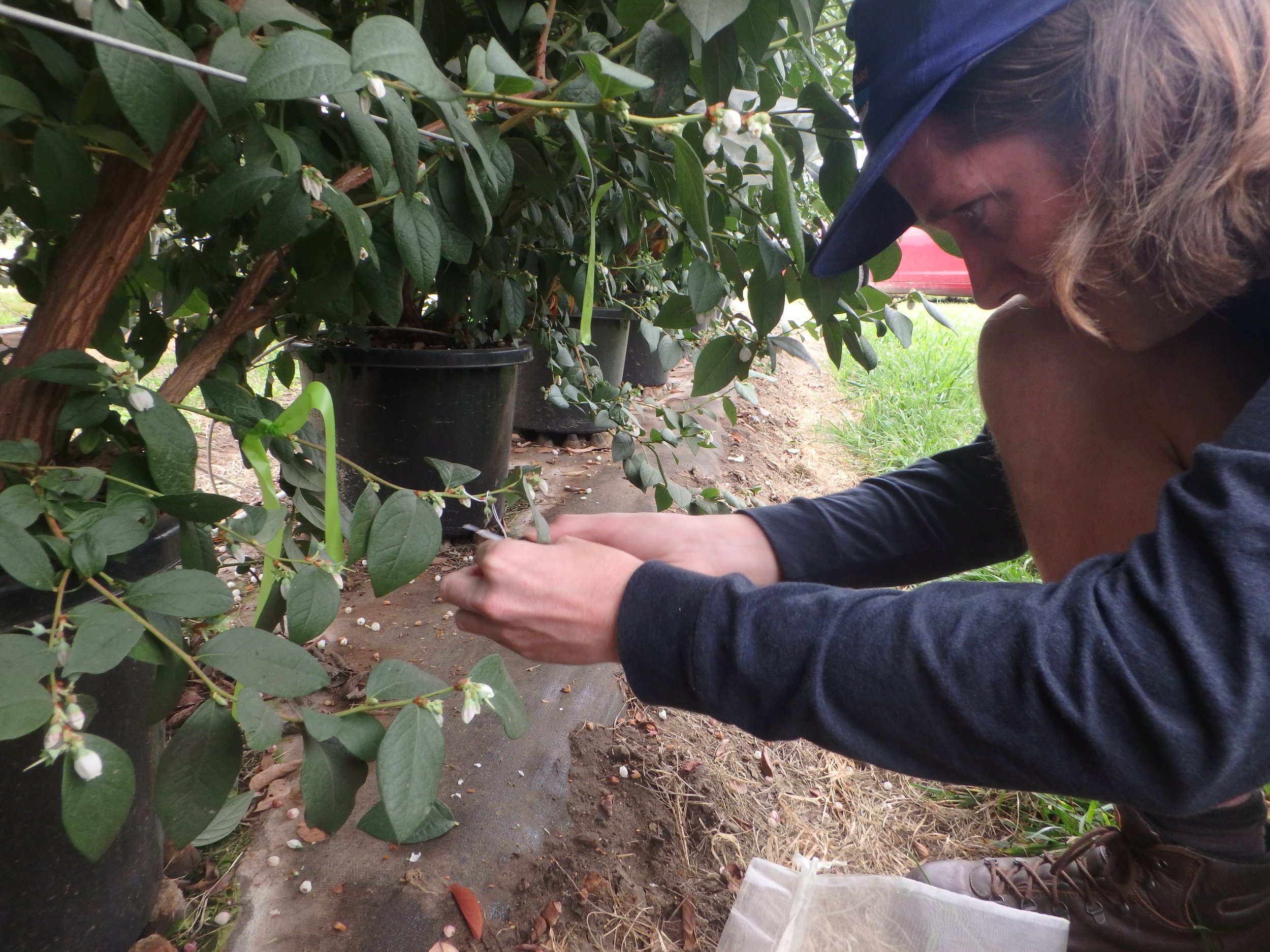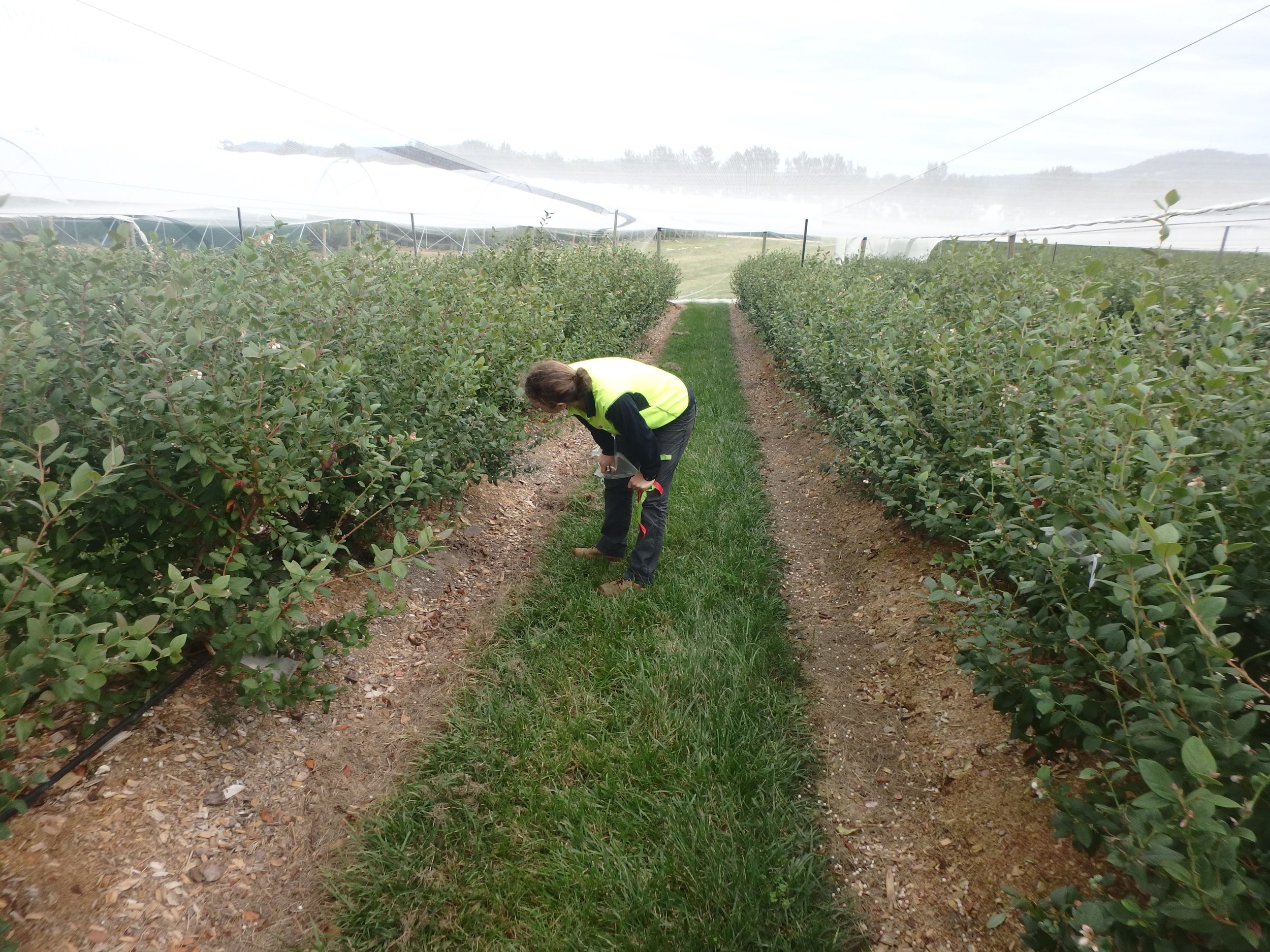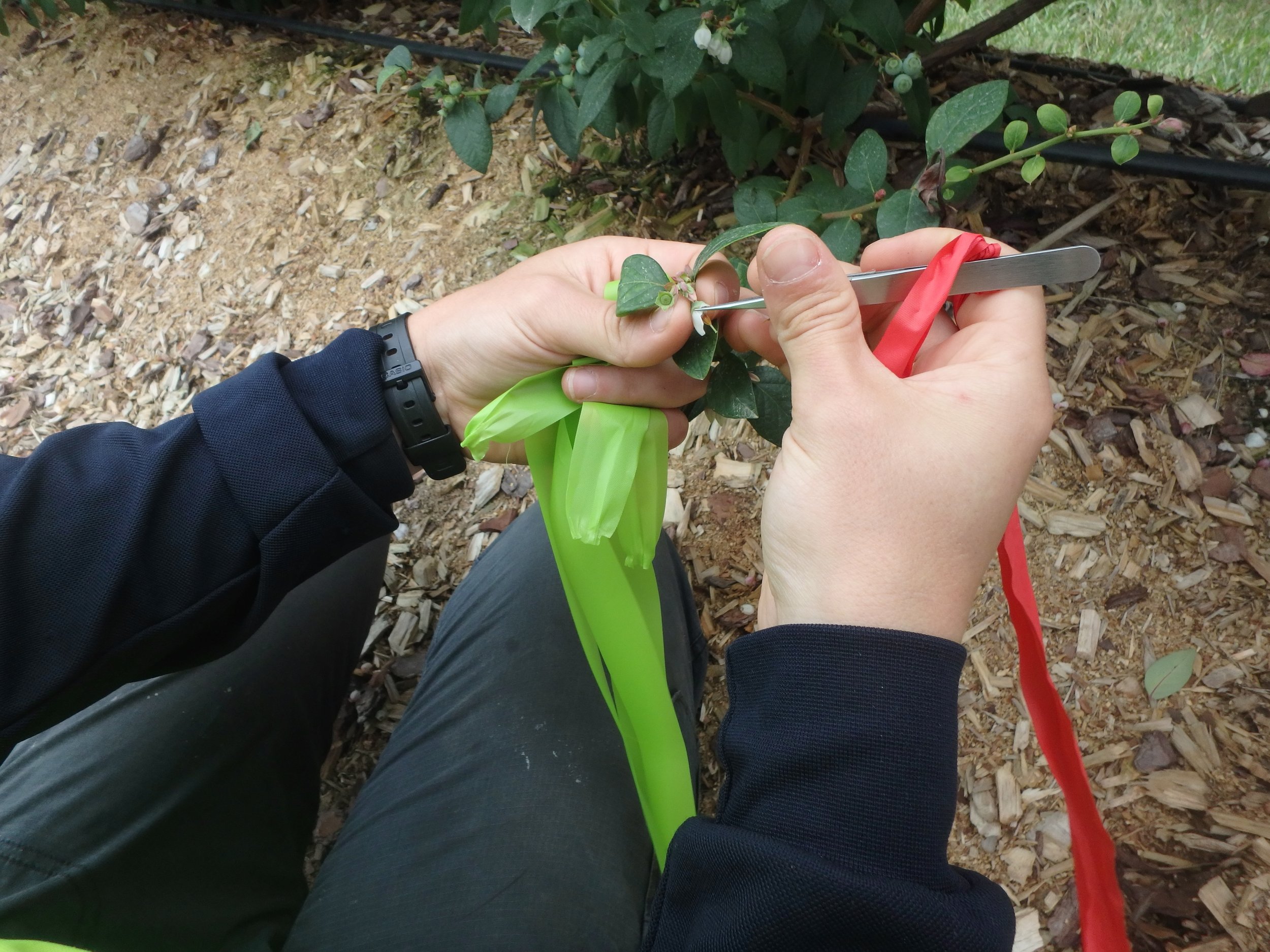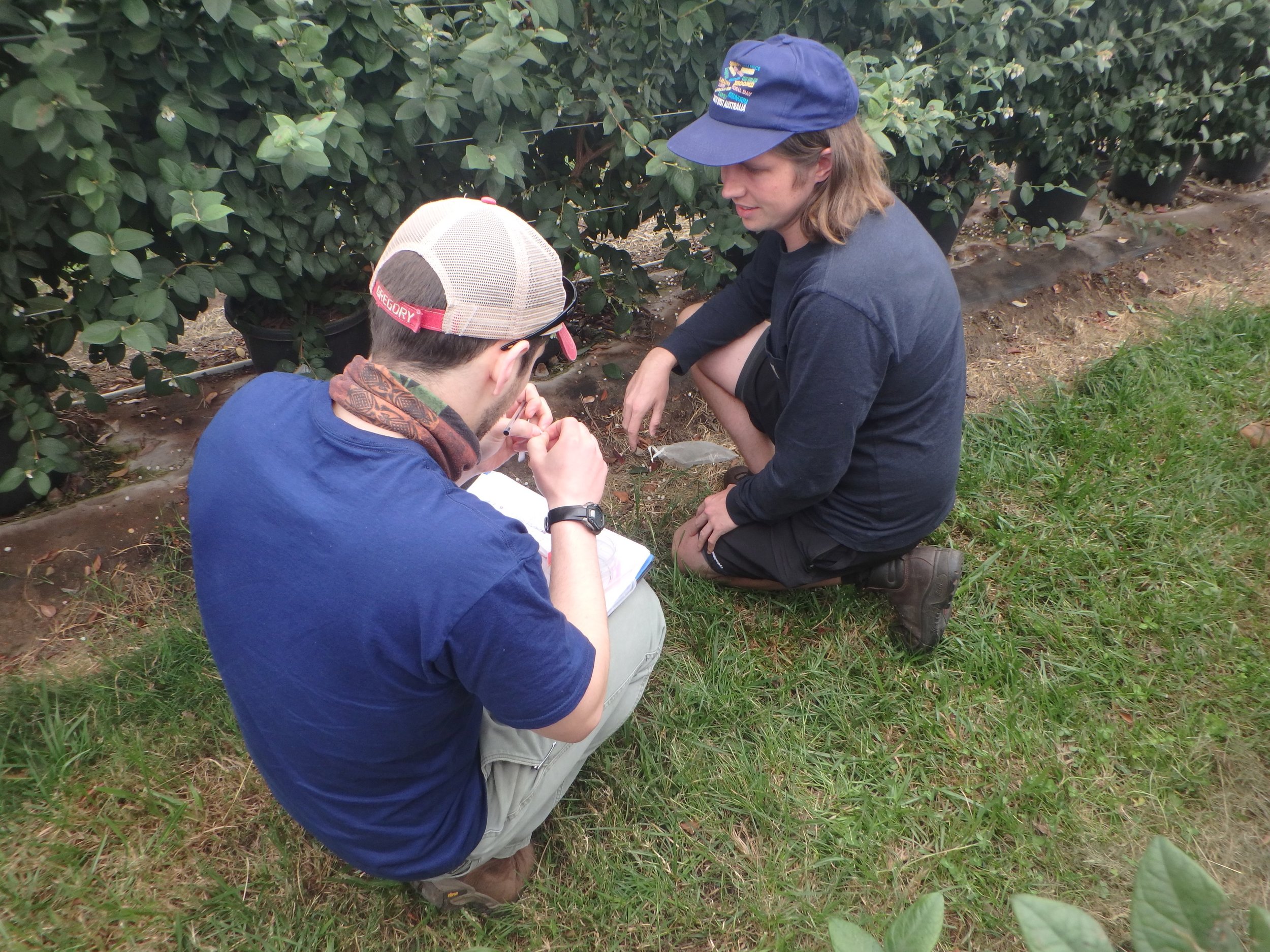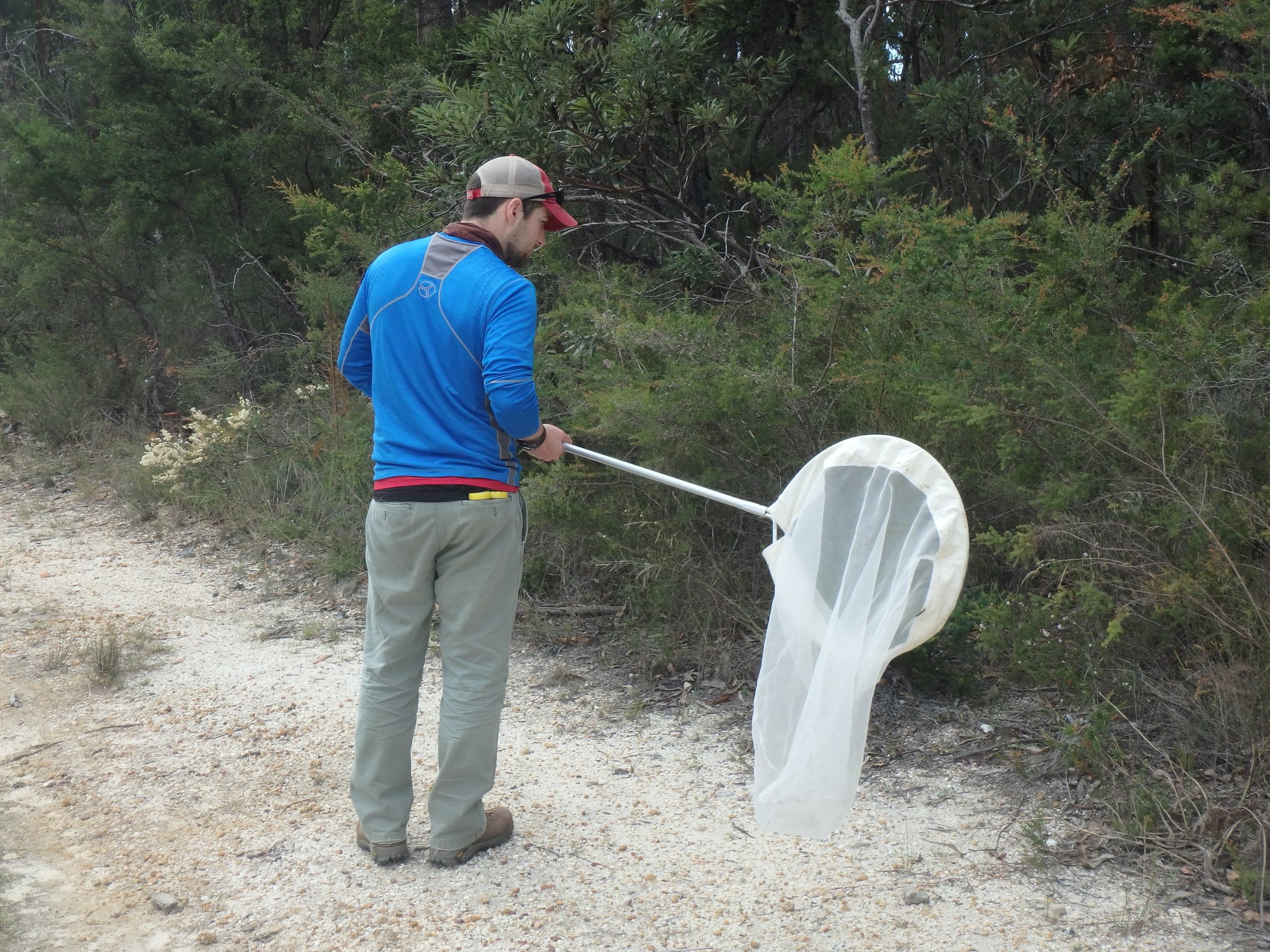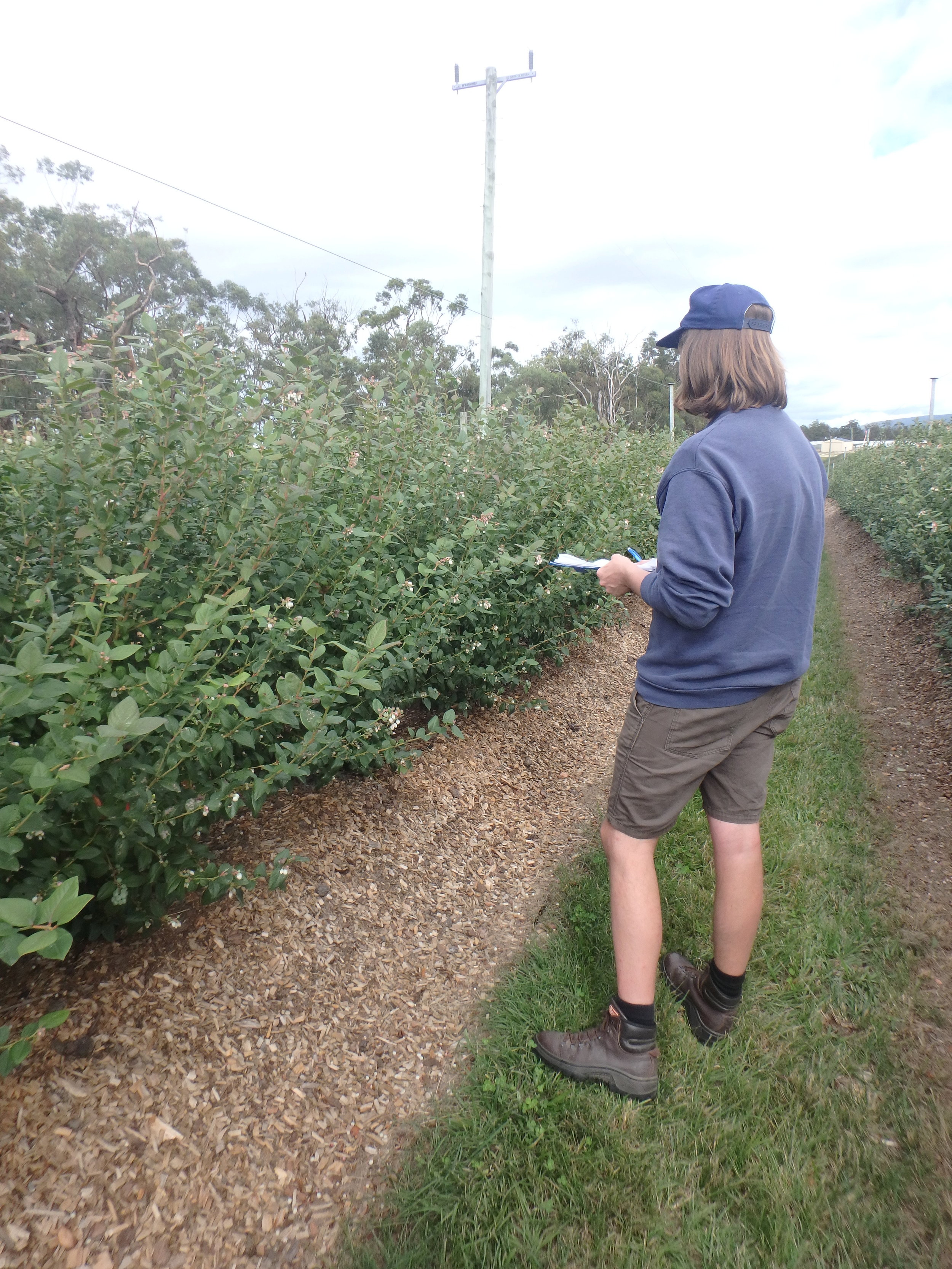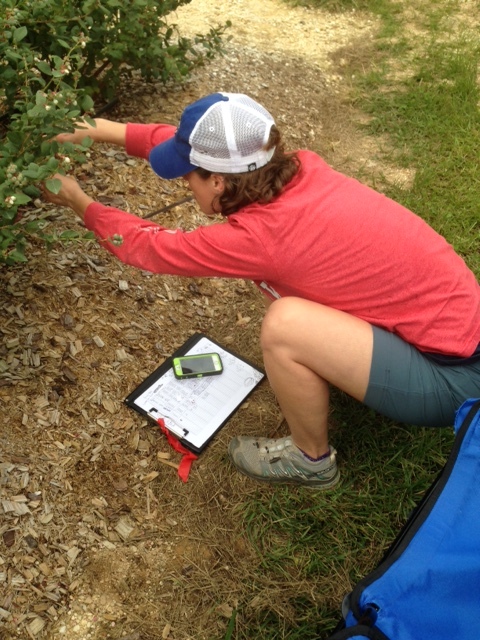The Rader Lab at the University of New England, Armidale are investigating the efficiency of individual wild pollinators and the diversity of insect communities in melon fields and mango orchards in the Northern Territory and Queensland.
Four temporary field technician positions are available for approximately 3.5 months, starting around mid-May and ending around the end of August 2018. These four field technicians will use field and lab techniques to assess pollinator efficiency and diversity in watermelon fields and mango orchards in the Darwin, Katherine, and Cairns areas. The team will primarily conduct hand-netting and observations of pollinator species, focusing on native bees, butterflies, flies, and wasps. The team will also collect pollen samples from plants and insects, plant samples for identification, and weather and geographical information. See more about our research at https://www.raderlab.com/.
Applicants with un-restricted availability and an inclination for travel to all three locations will be highly considered. However, please apply even though you may be available for 1 – 2 months as our schedule is somewhat flexible. Travel to field sites, field lodging, and food will be provided during the field season. The field housing is close to major towns, where field workers can shop and enjoy a nice café on their days off. Field workers should be prepared to have limited mobile phone and internet access during field work. An internet hotspot is provided and is available at all field accommodations. Mobile phone service is generally reliable at the accommodations as well.
*Responsibilities*
- Strict adherence to biosecurity and safety procedures on large farms
- Field monitoring and collection of pollinators
- Processing insect specimens in the lab including pinning bees and labeling samples
- Preparing and slide mounting pollen samples
- Data entry into Excel spreadsheets
*Desired Qualifications*
- Ability to be trained and take instruction in field and lab settings
- Previous field or lab experience with a diverse group
- Attention to detail and willingness to take leadership of and responsibility for their work
- Highly motivated and able to work independently
- Basic computer skills (Word, Excel)
- Ability to remain upbeat and patient in hot, dry, and uncomfortable conditions
- Valid Drivers License with 4WD certification*
- Valid First Aid Training*
*Applicants will be enrolled in a 4WD and/or a First Aid course at UNE if not already certified.
*Beneficial Qualifications*
- Previous experience with pollinators, especially native bees, and/or monitoring other insect populations
- Previous field experience in agricultural areas
- Experience living in remote locations for extended periods
To Apply: As a single PDF, send a brief cover letter explaining why you are interested in this position and details of your availability, a resume, and names and contact information for two references to: Lindsey Kirkland, lkirkla6@une.edu.au. Please place “Seasonal Hire” in the subject line of the email. Review of applications will begin immediately and will continue until the positions are filled.









